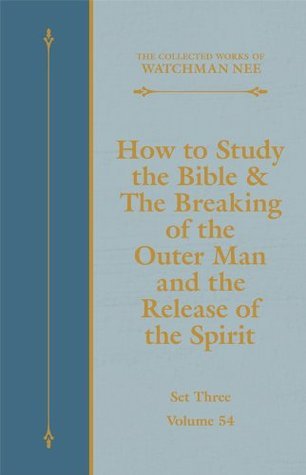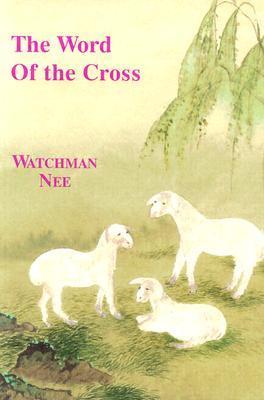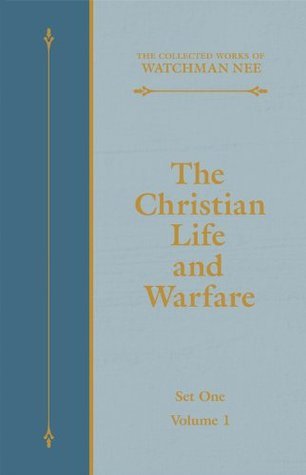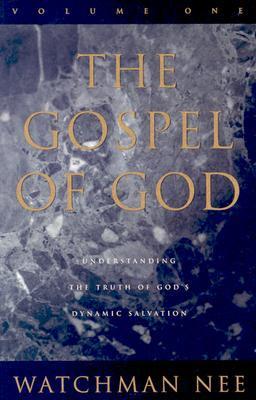
Part of Series
The Bible is the inspired word of God, and every believer should study it in order to know the rich and vast content of God's divine provisions. When God speaks, He does so through His established Word. Therefore, we must study the Bible in a proper way in order to let the word of God dwell richly in our hearts. In order to study the Bible, we first must be proper persons, having passed through the necessary spiritual training under the Lord's leading and guiding. We must also use the right methods. Many good books have been printed on how to study the Bible, but most pay attention only to methods of studying the Bible. Even with the right methods, we can receive very little in our study of the Bible if our person is not proper before the Lord. In a series of messages given to his co-workers in 1948 and 1949, Watchman Nee presents a balanced view of studying the Bible. In addition to providing practical guidelines for discovering the riches in God's word, He spends an equal amount of time to impart a burden that those who study the Bible must be proper persons before the Lord. Only then can we receive light and revelation from the Holy Scriptures. Every Christian who has believed into Christ has a desire to grow in Him. The greatest hindrances to the experience of the growth in life are not outward circumstances and environmental hardships; rather, they are a mind in need of renewing, a will in need of submission to God, and emotions in need of stability. In The Breaking of the Outer Man and the Release of the Spirit Watchman Nee provides a clear picture of the need for the breaking of the outer man so that the life of Christ in our spirit can flow out as rivers of living water to refresh and build up the people of God. In a new and revised translation of theis spiritual classic, Watchman Nee provides crucial insight into the Biblical revelation of the necessity of the dividing of our soul from our spirit.
Author

Watchman Nee (Chinese: 倪柝聲; pinyin: Ní Tuòshēng; Foochow Romanized: Ngà̤ Táuk-sĭng; 1903–1972) was a Chinese Christian author and church leader during the early 20th century. He spent the last 20 years of his life in prison and was severely persecuted by the Communists in China. Together with Wangzai, Zhou-An Lee, Shang-Jie Song, and others, Nee founded The Church Assembly Hall, later which would be also known as the "Local churches" (Chinese: 地方教會). or more commonly as (聚會所) meaning "assembly hall" Born into a Methodist family, Watchman Nee experienced a religious revival, and joined the Church of Heavenly Peace, Fuzhou in 1920 at age 17 and began writing in the same year. In 1921, he met the British missionary M. E. Barber, who was a great influence on him. Through Miss Barber, Nee was introduced to many of the Christian writings which were to have a profound influence on him and his teachings. Nee attended no theological schools or Bible institutes. His knowledge was acquired through studying the Bible and reading various Christian spiritual books. During his 30 years of ministry, beginning in 1922, Nee traveled throughout China planting churches among the rural communities and holding Christian conferences and trainings in Shanghai. In 1952 he was imprisoned for his faith; he remained in prison until his death in 1972.


